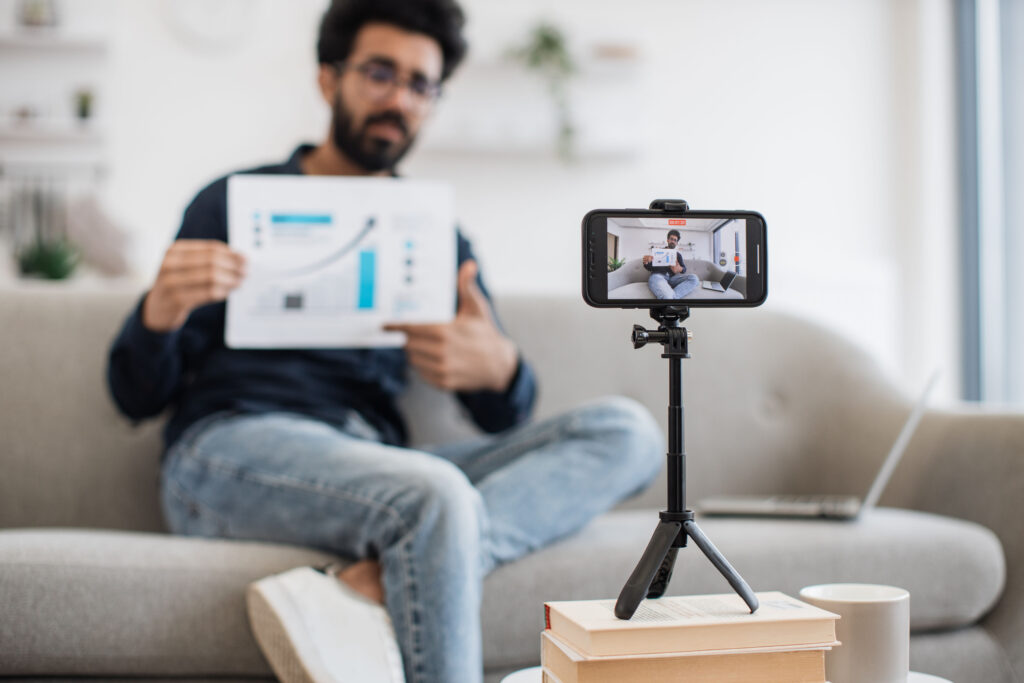What’s all the fuss about apostrophe’s?
Being able to use an apostrophe correctly isn’t about whether someone is educated, ignorant or anything in between.
What with the controversy over the Oxford comma, full stops being considered rude and the death of capital letters at the hands of Gen Z, you could be forgiven for thinking that it’s game over for punctuation.
Pity especially, the poor apostrophe, a mark so maligned it has an organisation specifically designed to preserve its correct use. The website of the Apostrophe Protection Society contains shocking examples of the abuse and omission of the beleaguered mark, including:
- the grocer’s apostrophe – where the mark is mistakenly used to denote a plural – as in apple’s, pear’s and the title of this blog.
- the misplaced apostrophe in a plural – as in ‘our pupil’s reading results were in the top 20% of schools across the country’
- apostrophes being missed out altogether – as in ‘we wont be long’ (surely enough to make even the most vehement apostrophe-hater cringe)
So why are apostrophes so often found in the wrong place or not at all? After all, as the Society says, the rules for apostrophes are very simple.
Or are they?
Apostrophe rules
It shouldn’t be difficult for most people to get their heads around the idea that an apostrophe denotes letters missed out – so won’t, can’t, don’t, or, if you want to go (inadvisably) contraction crazy wouldn’t’ve or couldn’t’ve.
Apostrophes also denote possession, so the boy’s ball, the copywriter’s pedantry. If you’re talking about a single thing, the apostrophe comes before the ‘s’. If it’s more than one, then it comes after the ‘s’ – the boys’ smartphones, the pupils’ excellent reading results.
With me so far? Maybe it gets a bit tricky when the noun is a plural without an ‘s’ at the end; children or men, for example. In this case, the apostrophe goes before the ‘s’ to denote possession – the children’s party, the men’s changing rooms. Annoying.
But the real stumbling block for lots of us is ‘its’. In this case, ‘it’s’ doesn’t denote possession. It means ‘it is’ or ‘it has’, tripping you up just when you thought you’d got it right. And that’s before getting into the real head-scratchers: names ending in ‘s’; attributive nouns (writers guide or writers’ guide?), 1970s vs ‘70s and use of apostrophes in denoting time (one week’s holiday vs two weeks’ holiday). No wonder the apostrophe has something of a reputation.
Should we bin the apostrophe?
The fact is, apostrophe use can get quite complicated. But does that mean we should ditch this pesky bit of punctuation altogether? That’s certainly where the Apostrophe Protection Society’s original founder thought things were going when he disbanded the – now revived – society in 2019.
“We, and our many supporters worldwide, have done our best but the ignorance and laziness present in modern times have won!” retired journalist John Richards announced.
In a way, he was echoing one of my teachers who used to say that the correct use of apostrophes is the mark of an educated person. But being able to use an apostrophe correctly isn’t about whether someone is educated, ignorant or anything in between.
While nearly everyone gets apostrophes wrong sometimes, especially in the more complex use cases, making basic mistakes can undermine the credibility of your writing. Language can be slippery and like all punctuation, the apostrophe is above all about clarifying meaning. As is often said, without the apostrophe, how are you going to tell the difference between feeling your nuts and feeling you’re nuts?’
I rest my case. The apostrophe stays.
Want us to check your content to make sure you have your apostrophes in the right place? Get in touch with the team for a content audit today.

Jackie Kingsley
Head of Editorial



